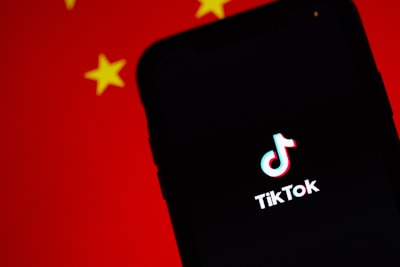Summary
On Saturday, July 5, 2025, former US President Donald Trump confirmed that the US and China will initiate talks early next week regarding a deal that could shape the future of TikTok in America. With ByteDance—the Chinese owner of TikTok—under legislative pressure to divest its US operations to an American buyer, these negotiations come after several deadline extensions granted by Trump. According to Trump, the US and China are "pretty much" at a deal, though he stopped short of expressing complete confidence. This potential agreement follows concerns about national security and the ongoing strategic rivalry between Washington and Beijing.
Analysis
The controversy over TikTok is more than a regulatory tug-of-war; it’s a microcosm of mounting digital and geopolitical competition between the US and China. On one hand, American lawmakers cite national security risks, asserting that the Chinese government could access user data or manipulate content. On the other, ByteDance’s predicament highlights US efforts to curb Chinese influence in tech. Trump's repeated deadline extensions suggest the complexity and high stakes of balancing commercial interests, digital sovereignty, and the global interconnectedness of major social media platforms.
Politically, Trump’s announcement reflects his characteristic deal-oriented approach. Framing the resolution as beneficial for both nations attempts to ease tensions and underscores Trump’s continued preference for transactional, high-profile diplomacy—even as US-China relations remain strained. Yet, his optimistic portrayal obscures potential sticking points: China’s willingness to approve a forced sale, divergent visions for internet governance, and underlying mistrust. The framing of the talks as a bilateral, leader-to-leader negotiation also bypasses the role of regulatory agencies, due process, and the unpredictable dynamics of public opinion.
Discussion
Why does TikTok matter so much in this dynamic? The platform’s staggering reach among American youths—combined with its perceived susceptibility to foreign influence—places it at the heart of debates over digital privacy, free speech, and national security. The proposed forced divestiture testifies to a new era of techno-nationalism, where apps are no longer neutral tools but potential vectors of geopolitical power. Past US attempts to shut down or localize Chinese digital services—like the WeChat and Huawei bans—offer mixed lessons, as do Europe’s efforts to regulate tech giants. However, rarely has a platform of TikTok’s popularity faced a government-mandated ownership change under such public scrutiny.
Moving forward, several questions linger. Will ByteDance accept a sale, or can the Chinese government block it? How would an American owner alter TikTok’s operations and policies? Do such forced divestitures set a troubling precedent for retaliatory tech sanctions globally? Ultimately, the outcome of these talks will reverberate well beyond TikTok: they mark a critical juncture for US-China tech relations, data governance, and the rules of engagement in digital economies—a reminder that global platforms are now very much political battlegrounds.
The unfolding TikTok saga remains a defining story for anyone interested in the intersection of technology, diplomacy, and society. It compels us to ask not only who owns our data, but who gets to set the rules for the digital world, and why.

Comments
No comments yet. Be the first to comment!